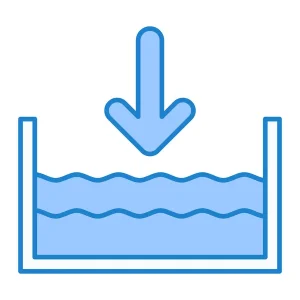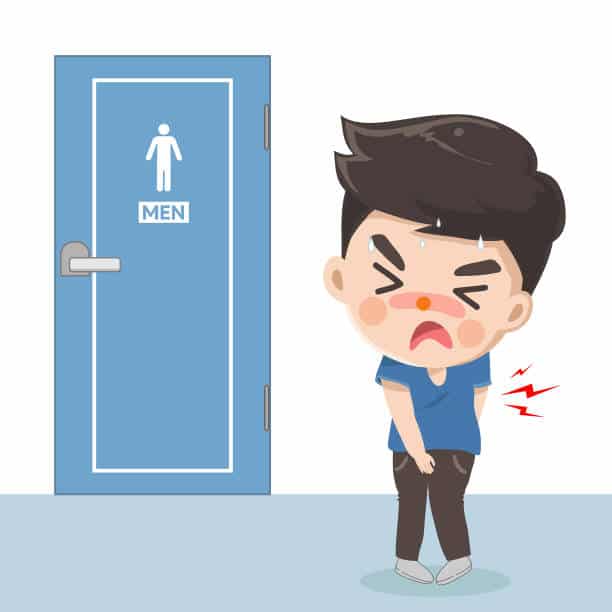May 11, 2023 Choosing The Right Sanitation Trailer For You

Sanitation trailers, which include portable restroom trailers and shower trailers, have become increasingly popular in recent years for a variety of events and settings, including construction sites, disaster recovery, outdoor weddings, and festivals. One important consideration when renting a sanitation trailer is whether it should have a self-contained water system or not. In this blog, we’ll explore the pros and cons of having self-contained water for restroom trailers.
First, let’s define what a self-contained water system is. A self-contained water system is a system that includes a freshwater tank, a sink with a faucet, and a wastewater tank. This means that the restroom trailer does not need to be connected to a water source or sewer system. The size of the tanks depends on the size of trailer and number of toilets, sinks, etc. Some water tanks could be as little as 35 gallons while others can be as large as 1,000 gallons.
One of the most significant benefits of having a self-contained water system is flexibility in location. If you’re hosting an event in a remote location where water and sewer connections are not available, a self-contained system is essential. This also means you don’t need to worry about finding a location close to a water source, which can be challenging in certain settings.
Another advantage is the convenience of having a sink inside the restroom trailer. This is especially important for events where food is served, as guests will need to wash their hands after eating. Having a sink in the restroom trailer ensures that guests have access to clean water and can wash their hands quickly and easily. 
However, there are also some drawbacks to having a self-contained water system. One of the biggest concerns is the amount of water available. Portable restrooms with self-contained water systems typically have a limited supply of water, which means you’ll need to monitor usage carefully. As mentioned earlier in this blog, the size of water tanks can vary greatly. This can be especially challenging for events with a large number of guests or for events that last for an extended period.
Other issues are the maintenance required for the system and towing. The freshwater and wastewater tanks will need to be emptied and cleaned regularly, which can be time-consuming and require specialized equipment. Also, check to see that your tanks have baffles in them for easy cleaning.
Baffles are usually installed in tanks to prevent weight transfer from the remaining water after cleaning, and they make tank cleaning challenging as some waste tends to remain in between the baffles. Furthermore, it’s highly recommended not to travel with all of the tanks filled with water as the weight of the water will adversely affect towing.

In conclusion, having a self-contained water system for your portable restroom trailer has many benefits, including flexibility in location and the convenience of having a sink inside the trailer. However, it’s essential to consider the potential drawbacks, such as limited water supply and maintenance requirements, before making your decision. Ultimately, the choice will depend on your specific needs, from construction sites to hosting events.





